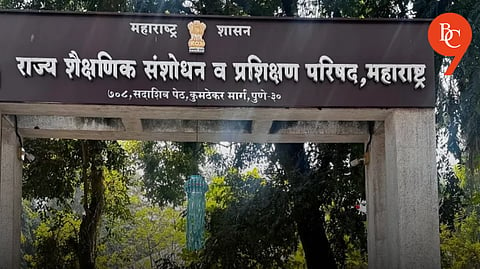

The Maharashtra State Council of Educational Research and Training (SCERT) has categorically denied political motivations behind making Hindi compulsory for Classes 1–5 in Pune and statewide schools, emphasizing the decision aligns with the National Education Policy (NEP) 2020’s focus on "student welfare and multilingual competence." Starting in 2025–26, Hindi will be taught as a third language in Marathi- and English-medium schools, alongside Marathi and English.
The three-language formula, now extended to primary education, aims to build early proficiency in multiple languages, fostering cognitive flexibility and cultural awareness. SCERT officials clarified that the move is part of a phased NEP rollout, which replaces the 10+2+3 model with a 5+3+3+4 structure. "This is not about politics, it’s about preparing students for a linguistically diverse world," stated an SCERT representative. The framework divides schooling into four stages: foundational, preparatory , middle, and secondary.
Critics, including educators like Vasant Kalpande, former director of school education, argue that mandating Hindi sidelines regional languages. "Why not offer Tamil or Kannada as options?" he questioned. Others, like teacher Bhausaheb Chaskar, highlight practical challenges: "Primary schools with just two teachers cannot handle three languages without compromising core subjects." SCERT countered these concerns, stating that updated teacher training programs and revised timetables will ensure smooth implementation.
SCERT and Balbharati will develop new textbooks, including a "Setu Syllabus" to bridge learning gaps, while NCERT materials will be adapted for local relevance. The Holistic Progress Card system will replace traditional exams, focusing on experiential learning. "The goal is to reduce rote learning and stress," explained an education department official.
The policy has sparked debates about linguistic equity, with opposition leaders questioning the exclusion of non-Hindi Indian languages. However, SCERT maintains that Marathi remains prioritized, and Hindi’s inclusion aims to enhance national integration. "Multilingualism is an asset, not a burden," the council asserted.
With teacher training slated for 80% of educators by 2025 and Anganwadi workers included in workshops, Maharashtra’s education system is poised for a transformative shift, one that balances global standards with regional identity.
